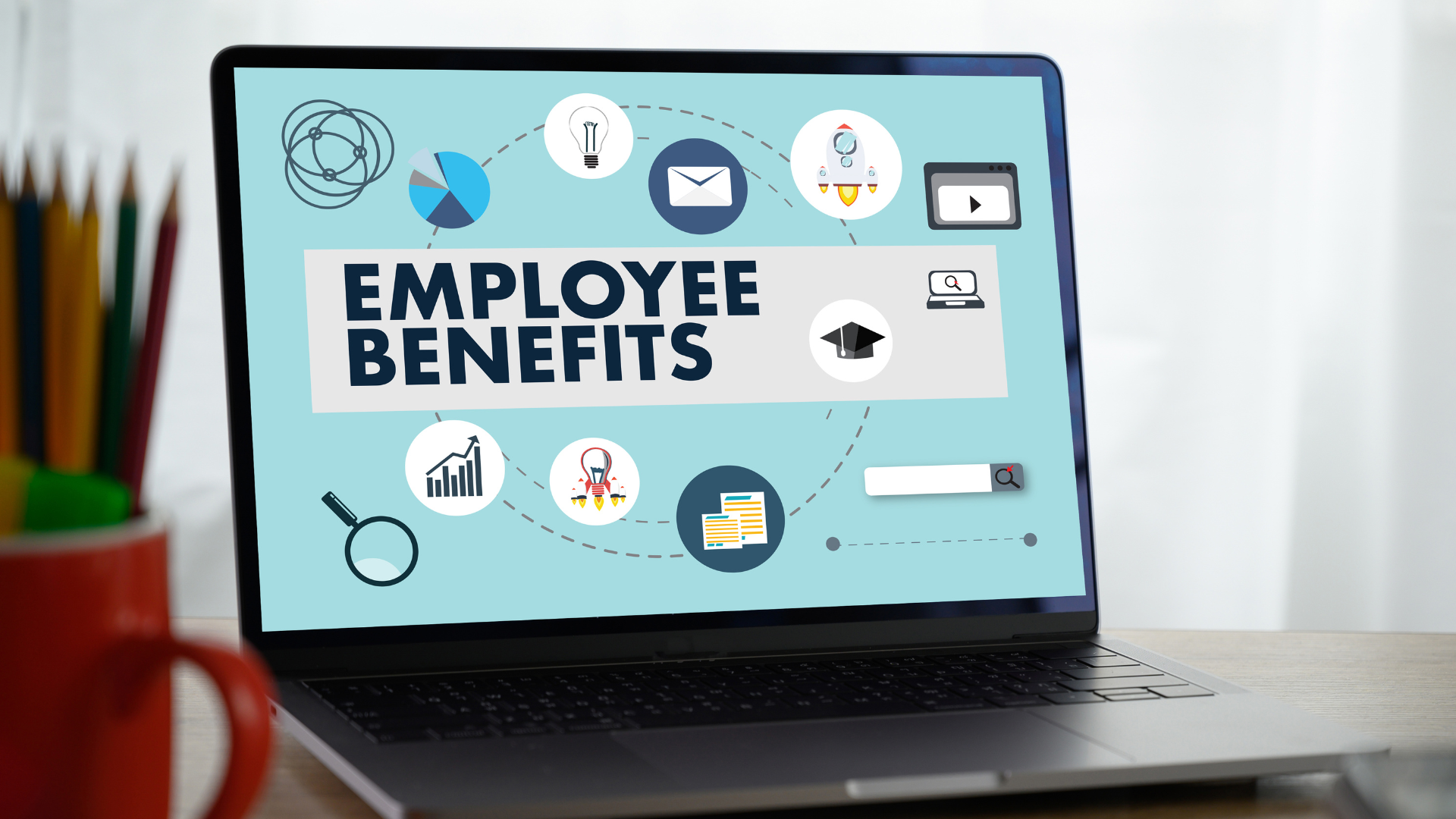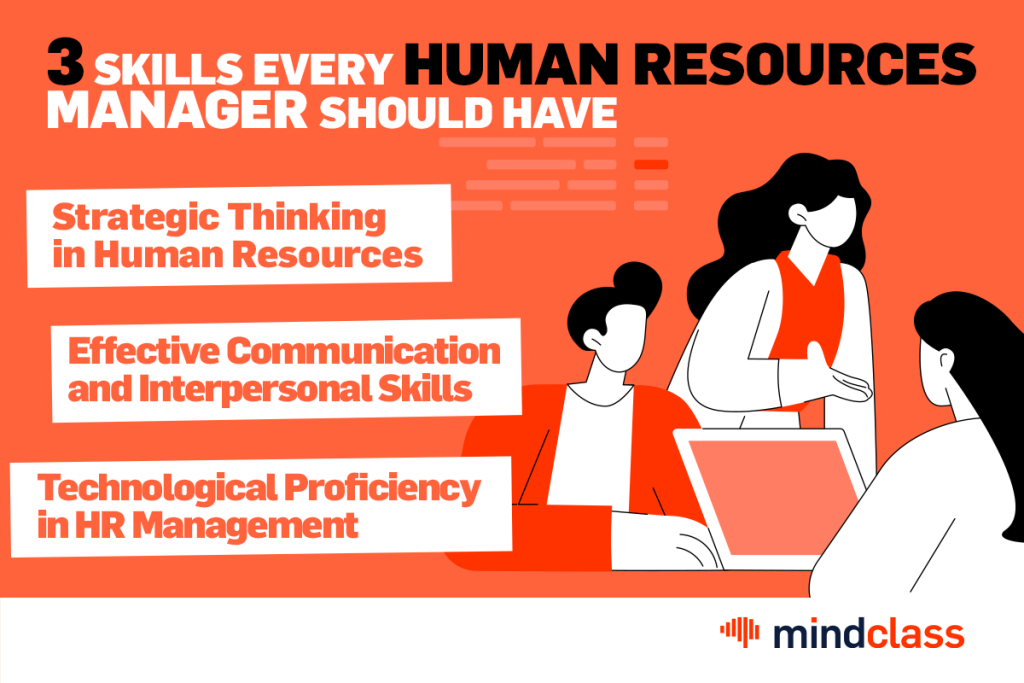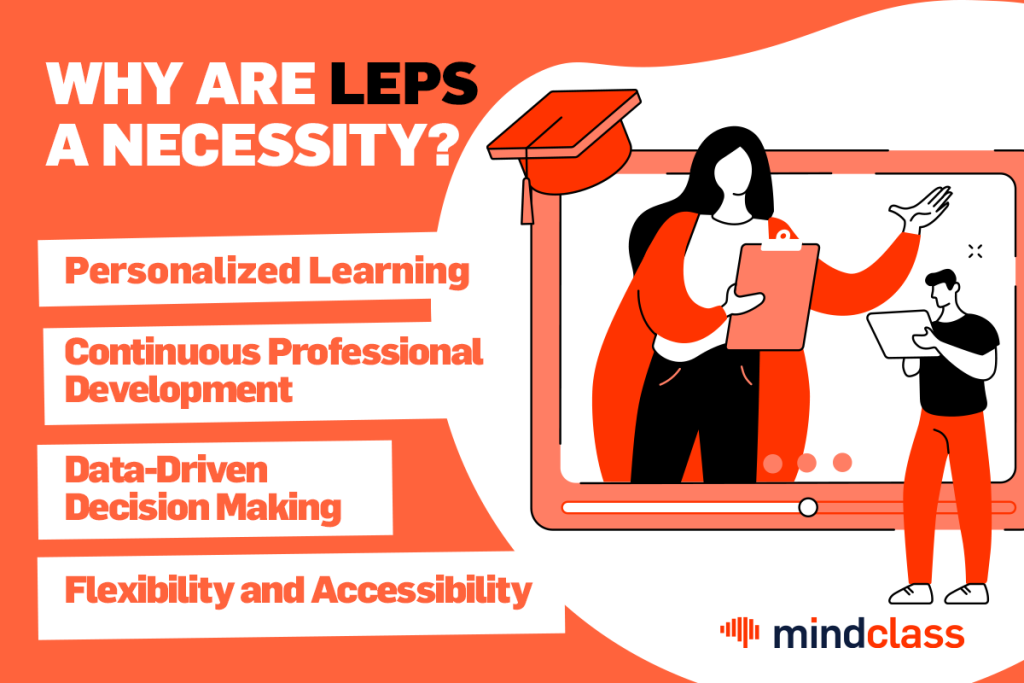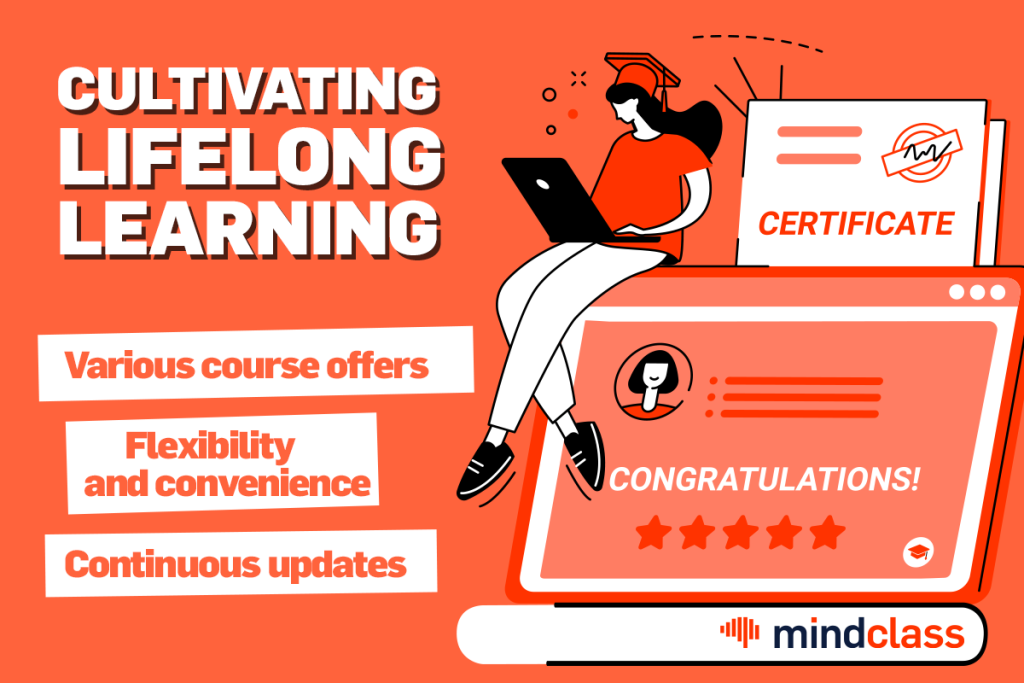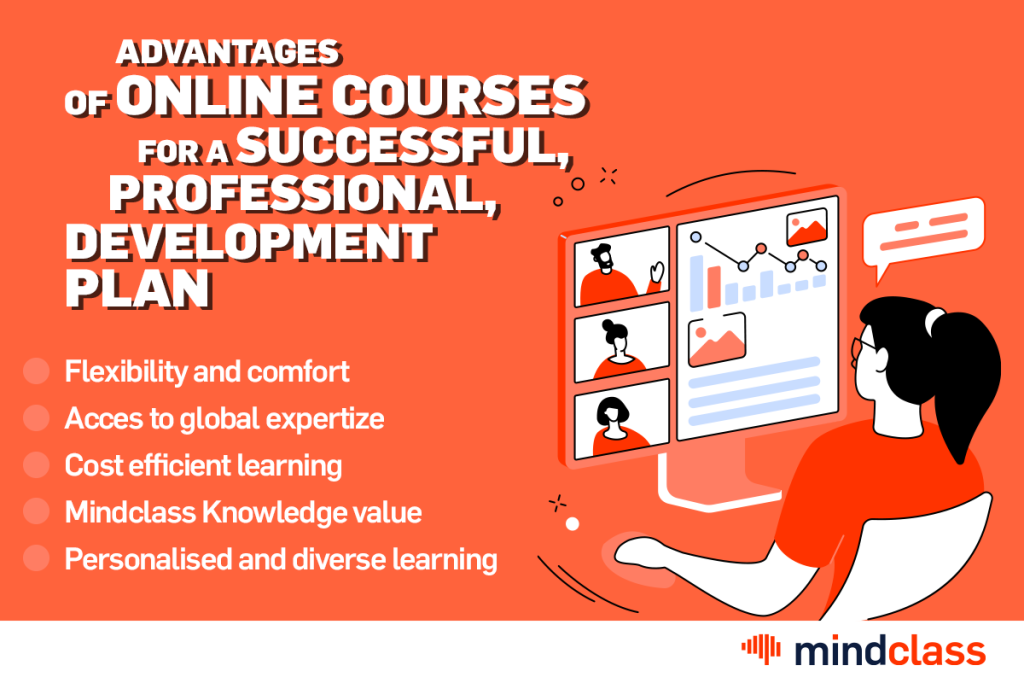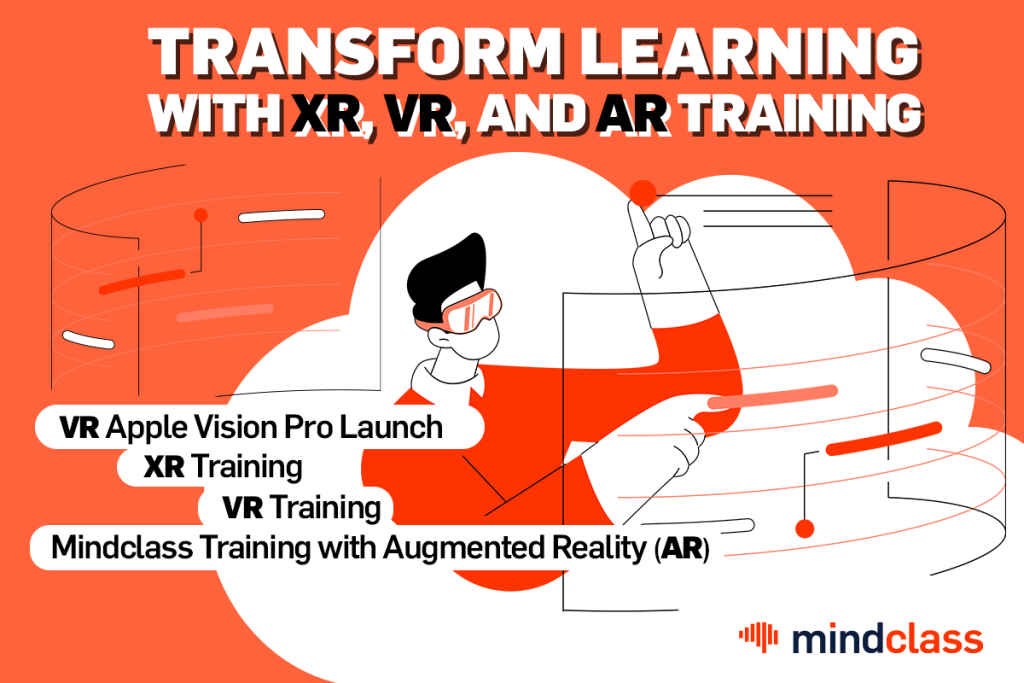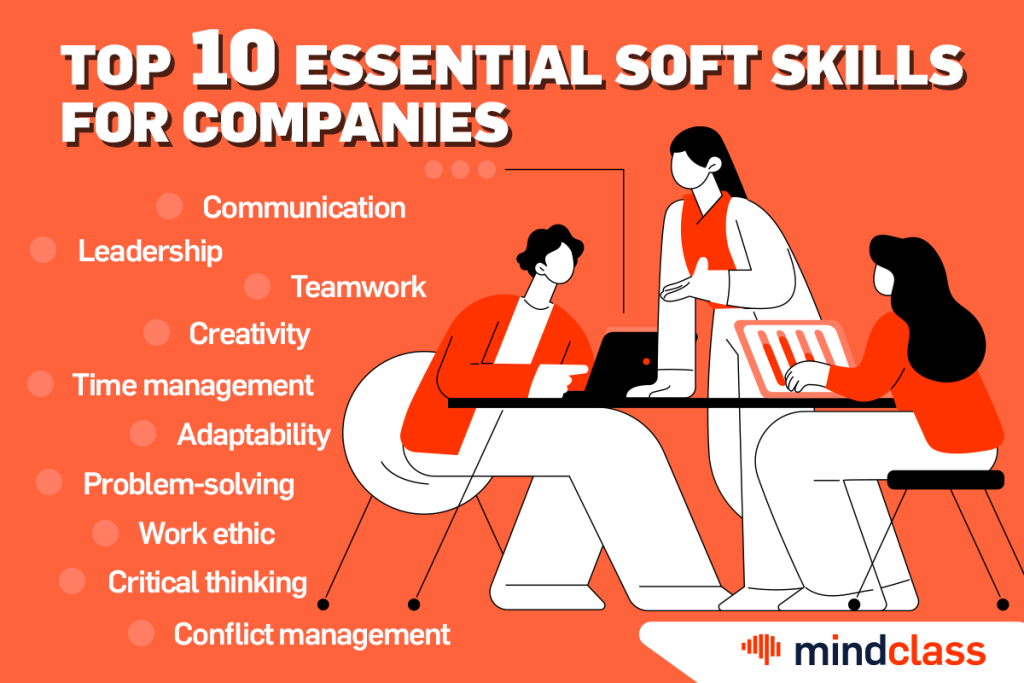In the competitive realm of talent recruitment and retention, employers are increasingly recognizing the critical role that fringe benefits play in cultivating a satisfied and engaged workforce.
Health and well-being benefits
Employee well-being has a significant impact on productivity and morale. Providing comprehensive health insurance is a fundamental fringe benefit. It not only protects employees’ physical health, but also alleviates financial concerns about medical emergencies. In addition, wellness programs, gym memberships, mental health support and preventive care initiatives contribute to a healthier and more engaged workforce.
Flexible working arrangements
As a result of changing work dynamics, flexible work options have gained prominence. Fringe benefits such as remote working opportunities, flexible hours, compressed working weeks or job-sharing arrangements improve work-life balance. They meet the diverse needs of employees, allowing them to manage personal commitments while fulfilling their professional responsibilities. As a result, these benefits boost morale and productivity while reducing stress and burnout.
Customized learning pathways and certifications
E-learning platforms often offer a variety of certifications and modular courses that allow employees to tailor their learning paths. Employees can choose courses aligned with their career goals and aspirations, earning certifications that validate their expertise. These certifications not only benefit the individual, but also add value to the organization by improving the skills set of the workforce.
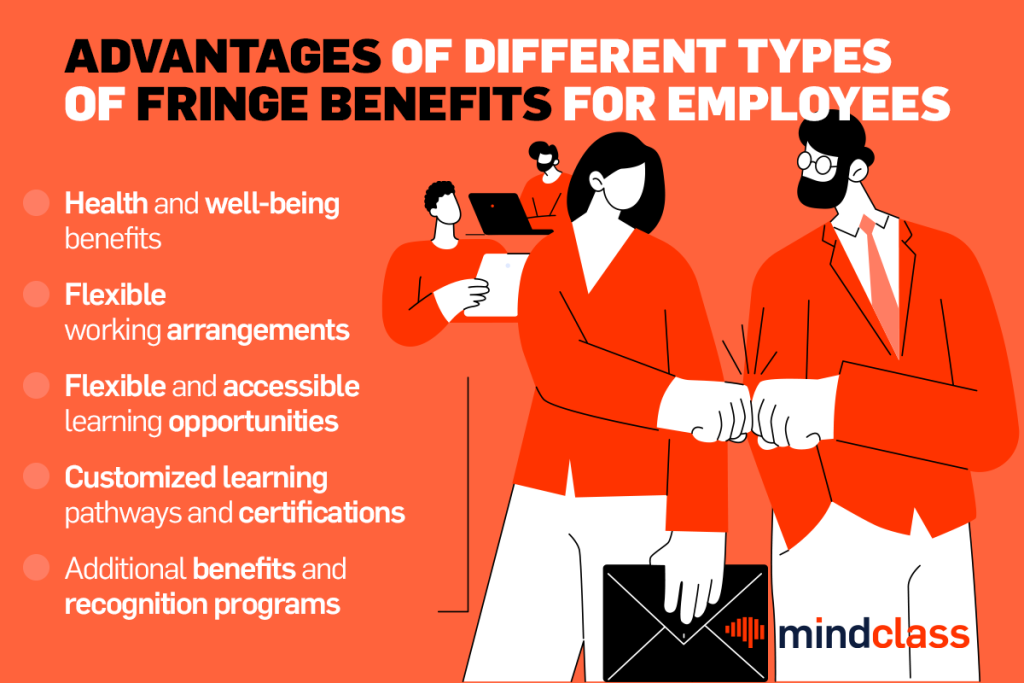
Additional benefits and recognition programs
Fringe benefits can also include several additional perks, such as employee discounts, company tours, recognition awards and performance-based bonuses. These initiatives boost morale, increase motivation, and create a positive work environment. In addition, recognition programs acknowledge employee contributions, fostering a sense of appreciation and loyalty.
Employers recognize that fringe benefits play a key role in attracting and retaining talent in a competitive marketplace. While these benefits come at a cost, the benefits they provide in terms of employee satisfaction, retention and productivity outweigh the investment. In addition, a tailored approach to fringe benefits that considers the diverse needs of the workforce can significantly amplify their impact.
The benefits of different types of employee fringe benefits are manifold. From promoting physical and mental well-being to encouraging career development and work-life balance, these benefits contribute to a happier, more engaged, and loyal workforce.
By prioritizing a robust fringe benefits package, employers can create a compelling proposition for potential talent while fostering a thriving and motivated team.
Ready to upgrade your skills? Experience the learning potential with mindclass.


